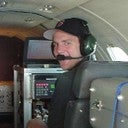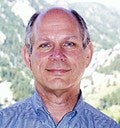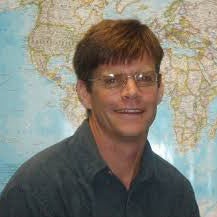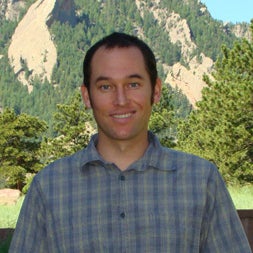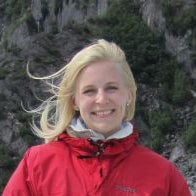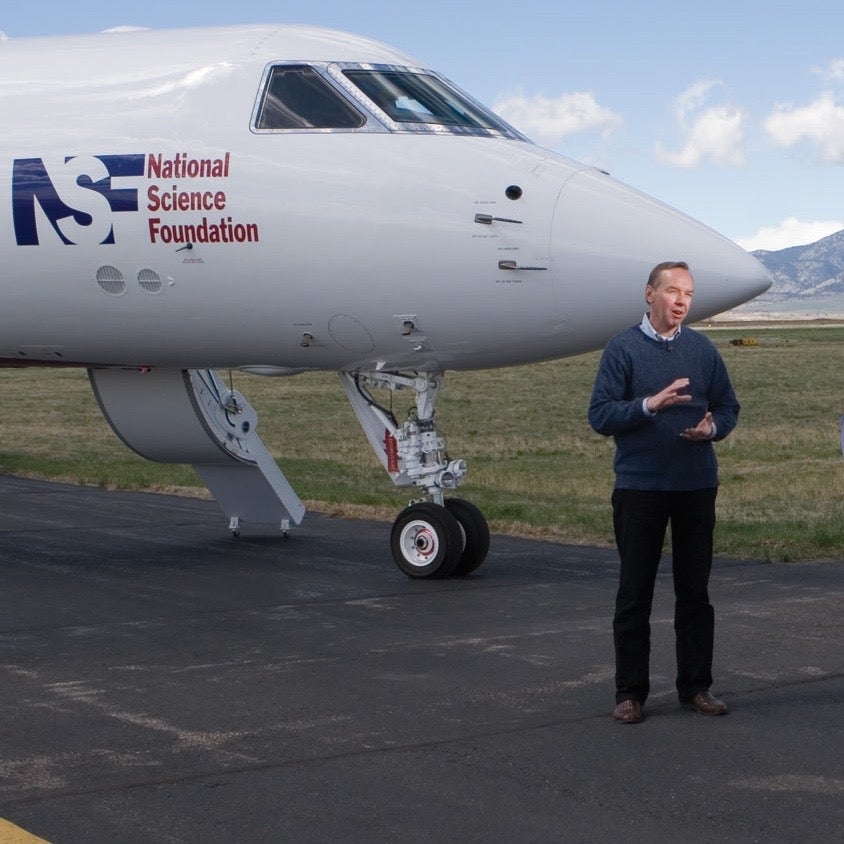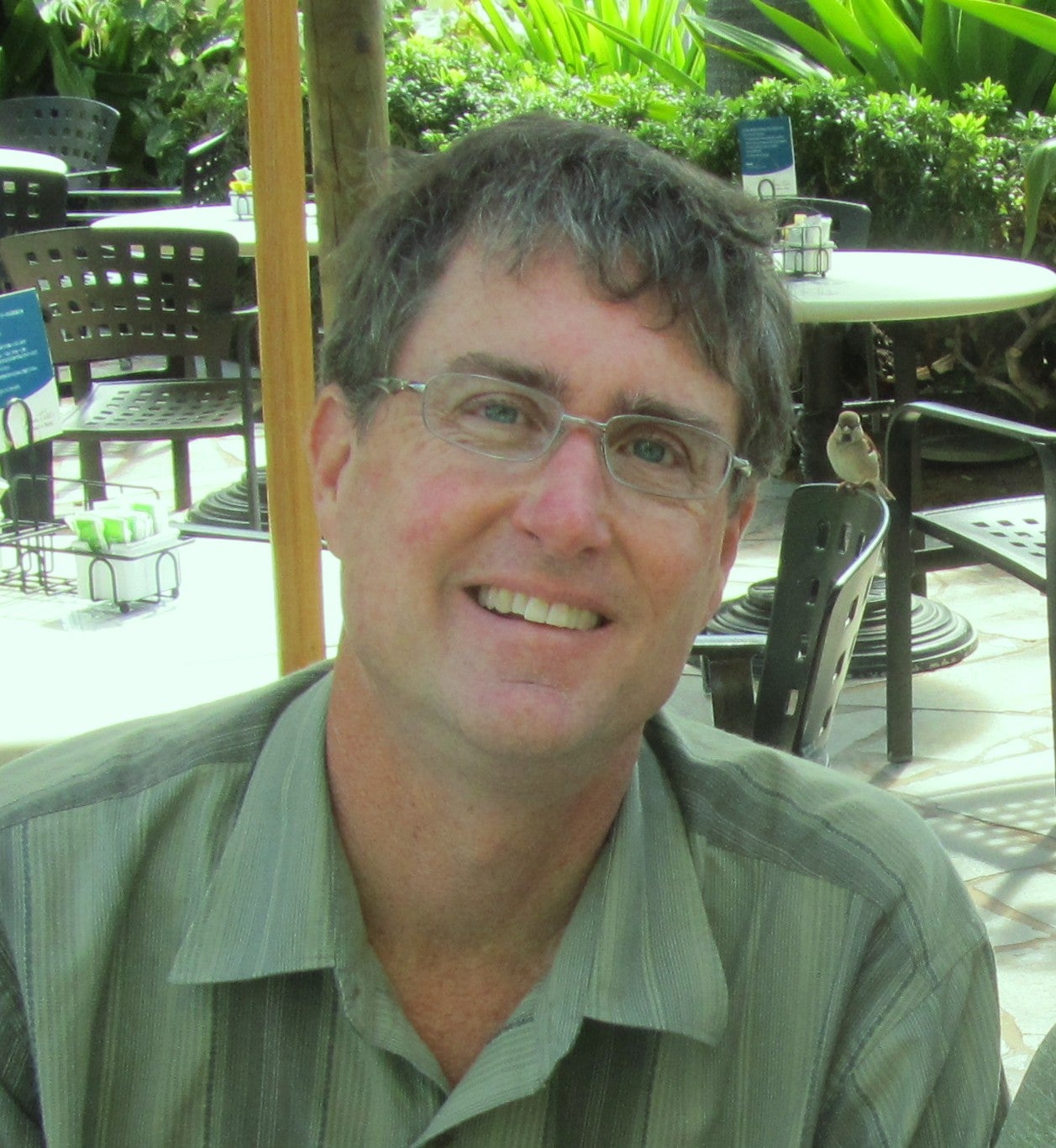ORCAS Lead-PIs
Britton Stephens | NCAR Earth Observing Laboratory
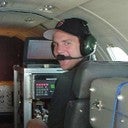
Britt Stephens is a Scientist III in the Earth Observing Laboratory (EOL) of NCAR. Britt's research has focused on developing and deploying new instruments for tower, ship, and aircraft-based observations of atmospheric O2 and CO2, and on synthesizing data sets and models to elucidate global carbon cycle processes. The overall motivation for his work lies in our need to better understand how the Earth's biogeochemical systems, such as forests and ocean regions, respond to natural and human-induced perturbations, so that we may more accurately predict and more effectively mitigate future climate change.
Britt was a co-PI on the HIPPO project, which conducted a global survey of greenhouse and related gases using the NSF/NCAR HIAPER Gulfstream V, including several flights over the Southern Ocean. He has also measured atmospheric O2 from the NSF Antarctic Research ship L.M. Gould since 2012. Results and questions raised by these earlier studies were significant motivators for the ORCAS project. [...]
Matthew Long | NCAR Climate & Global Dynamics
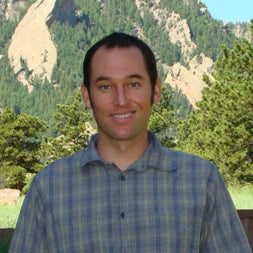
Matthew Long is Scientist I in the Oceanography Section of the Climate and Global Dynamics Laboratory at NCAR. The Southern Ocean has been a focus of Matt's research since his PhD work. This region mediates exchange between the atmosphere and deep ocean, and is therefore critical to understanding global climate and the carbon cycle.
Matt has worked as hydrologic engineer, developing hydraulic and water quality models for management of sewer networks and urban rivers, and spent two years teaching high school Physics in Tanzania, East Africa, as a volunteer in the United States Peace Corps. Presently, his research is focused on modeling marine ecosystems and ocean biogeochemistry in the context of the Community Earth System Model (CESM). Matt has particular interests in understanding the role of the ocean in the global carbon cycle, interactions between ocean physics and biology, and the impacts of climate change on marine ecosystems. [...]
ORCAS Co-PIs
Ralph Keeling | Scripps Institution of Oceanography

Ralph Keeling is the current program director of the Scripps CO2 Program. He is also a Professor and the Principal Investigator for the Atmospheric Oxygen Research Group at Scripps Institution of Oceanography. [...]
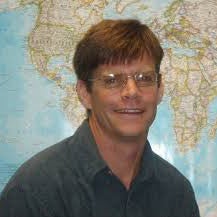
As the lead scientist for the NOAA Earth System Research Lab Aircraft Program, Colm Sweeney’s focus is on overall program development. This includes overseeing the existing network of aircraft sites; developing new ways to ensure data quality, as well as easy access to the data; and developing new tools and platforms for collecting vertical profiles of CO2 and other trace gases throughout North America. These vertical profiles are an essential component of quantifying the net impact that the North American continent has on atmospheric concentrations of CO2 and other greenhouse gases. [...]
Eric Kort | University of Michigan

Eric Kort is an Assistant Professor in the Department of Climate and Space Sciences and Engineering at the University of Michigan. The Kort group works on understanding contemporary and future levels of greenhouse gases and pollutants in the atmosphere by combining ground, airborne, and space-based observations with models probing scales from cities to the globe. On ORCAS, Eric is PI of the QCLS instrument measuring CO2, CH4, CO, and N2O, and also leads the atmospheric lagrangian transport modeling. [...]
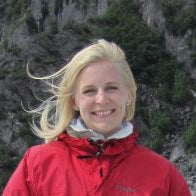
Michelle Gierach's research interests include application of satellite observations, in-situ data, and model simulations to study biophysical interactions, ecosystem dynamics, air-sea interactions, ocean dynamics, atmospheric processes, and the oceans relation to climate variability. [...]
Elliot Atlas | University of Miami
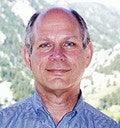
Dr. Atlas' research interests are in the sources, transport, and transformation of atmospheric trace gases in the global atmosphere. This work has a primary focus on trace gases and aerosols associated with the formation and destruction of ozone in the atmosphere. The research involves development and application of advanced trace gas sampling and measurement techniques. His research group investigates the distributions and trends of a large variety of halocarbons (both natural and man-made), hydrocarbons, and photochemical oxidation products of these species (such as organic nitrates). The research extends from studies of sub-surface distribution of trace gases in the polar firn record to studies of urban and regional chemical distributions of short-lived tropospheric gases to measurement of halocarbons in the stratosphere up to 32 km altitude. The research platforms include tropospheric and stratospheric aircraft (C-130, P-3B, ER-2, WB-57), high altitude balloons, oceanographic research ships, and land and island-based experiments. [...]
ORCAS Collaborators
Carbon Cycle Instruments
- Jonathan Bent
NCAR Earth Observing Laboratory
AO2 and Medusa O2/N2, CO2, CO2 isotopes, Ar/N2 - Bruce Daube
Department of Earth and Planetary Sciences, Harvard University
QCLS CO2, N2O, CH4, CO - Kathryn McKain
Cooperative Institute for Research in Environmental Sciences, University of Colorado, Boulder
Picarro CO2, CH4, H2O - Eric Morgan
Scripps Institution of Oceanography
AO2 and Medusa O2/N2, CO2, CO2 isotopes, Ar/N2 - Tim Newberger
NOAA Earth Systems Research Laboratory
Picarro CO2, CH4, H2O - Mackenzie Smith
University of Michigan
QCLS CO2, N2O, CH4, CO - Andy Watt
NCAR Earth Observing Laboratory
AO2 and Medusa O2/N2, CO2, CO2 isotopes, Ar/N2 - Steve Wofsy
Department of Earth and Planetary Sciences, Harvard University
QCLS CO2, N2O, CH4, CO
Biogenic Reactive Gas Instruments
- Eric Apel
NCAR Atmospheric Chemistry Observations & Modeling
TOGA, reactive gases - Nicola Blake
Department of Chemistry, University of California, Irvine
TOGA reactive gases - Valeria Donets
Department of Atmospheric Science, University of Miami
AWAS reactive gases - Alan Hills
NCAR Atmospheric Chemistry Observations & Modeling
TOGA reactive gases - Becky Hornbrook
NCAR Atmospheric Chemistry Observations & Modeling
TOGA reactive gases - Rich Lueb
NCAR Earth Observing Laboratory
AWAS reactive gases - Sue Schauffler
NCAR Atmospheric Chemistry Observations & Modeling
AWAS, reactive gases
Remote Sensing Instruments
- Ernesto Diaz
NASA Jet Propulsion Laboratory
PRISM remote sensing - Heidi Dierssen
Coastal Ocean Laboratory for Optics and Remote Sensing, University of Connecticut
Remote sensing validation and algorithm development - Robert Green
NASA Jet Propulsion Laboratory
Remote sensing validation - Justin Haag
NASA Jet Propulsion Laboratory
PRISM remote sensing - Ian McCubbin
NASA Jet Propulsion Laboratory
PRISM remote sensing - Pantazis Mouroulis
NASA Jet Propulsion Laboratory
PRISM remote sensing - Scott Nolte
NASA Jet Propulsion Laboratory
PRISM remote sensing - David Thompson
NASA Jet Propulsion Laboratory
Remote sensing algorithm development - Byron Van Gorp
NASA Jet Propulsion Laboratory
PRISM remote sensing
Aerosol and Cloud Microphysics Instruments
- Minghui Diao
San Jose State University
VCSEL, E&O - Andrew Gettleman
NCAR Climate & Global Dynamics
Cloud microphysics modeling and analysis - Jorgen Jensen
NCAR Earth Observing Laboratory
Giant Nuclei Impactor and cloud microphysics - Bryan Rainwater
Graduate Student, Atmospheric and Oceanic Science, University of Colorado, Boulder
CLH-2 liquid water - Jeff Stith
NCAR Earth Observing Laboratory
Cloud microphysics observations and analysis - Darin Toohey
Atmospheric and Oceanic Science, University of Colorado, Boulder
CLH-2 liquid water
Atmosphere and Climate Modeling
- Abhishek Chatterjee
Global Modeling and Assimilation Office, NASA
GEOS-5 and OCO-2 - Jim Bresch
NCAR Mesoscale & Microscale Meteorology
Forecasting - Martin Hoecker-Martinez
Oceanography, Fluid Dynamics, University of Michigan, Ann Arbor
STILT modeling - Shawn Honomichl
NCAR Atmospheric Chemistry Observations and Modeling
Forecasting - Jordan Powers
NCAR Mesoscale & Microscale Meteorology
AMPS real-time model forecast support - Uriel Zajaczkovski
Scripps Institution of Oceanography
CESM modeling
External Collaborators
- Nicolas Cassar
Biogeochemistry & Ecophysysiology, Duke University
LMG O2/Ar - Scott Doney
Palmer Long-Term Ecological Research (LTER)
Modeling - Hugh Ducklow
Palmer Long-Term Ecological Research (LTER)
Observations - Oscar Schofield
Palmer Long-Term Ecological Research (LTER)
Gliders, remote sensing validation - Jorge Sarmiento
Southern Ocean Carbon and Climate Observations and Modeling project (SOCCOM)
Letter from the Project Manager
ORCAS Digital Camera Imagery and Movie Notes
NCAR / Scripps Airborne Flask Sampler
